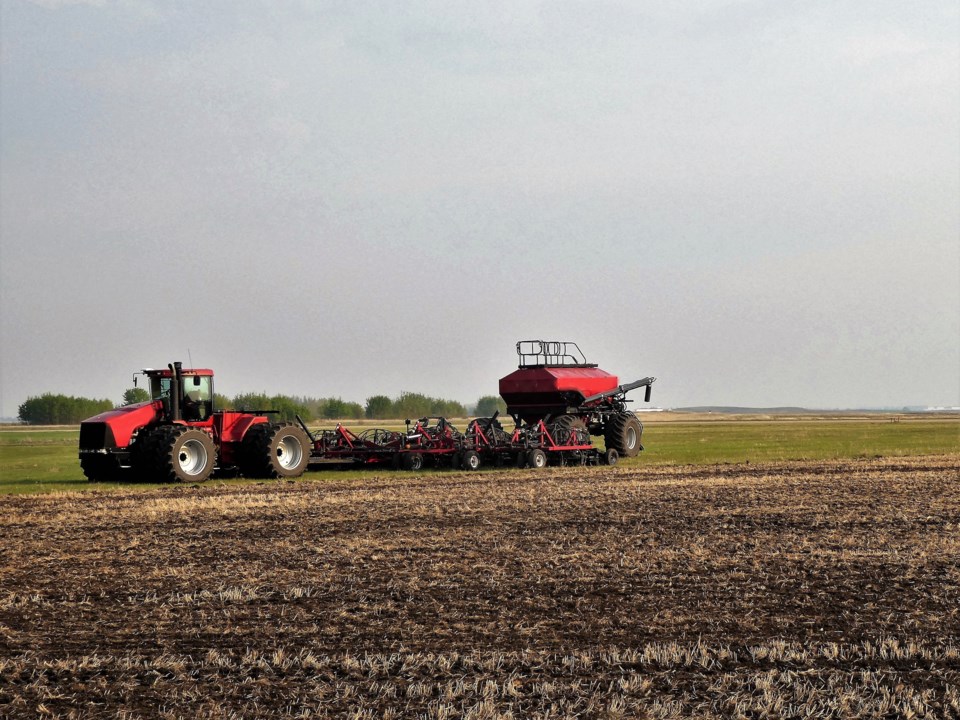YORKTON - While I would not suggest anyone trust a post on social media as fact without delving into the statement further with some research, there are times something gets posted that is at least worth a moment’s pause to consider.
As I readied to write this week’s column I happened upon a post which wondered with some amazement how we have become a culture that considers Twinkies, cocoa puffs and Mountain Dew safe, but raw milk and compost grown tomatoes unsafe.
Like most things on social media the statement is a bit simplistic in as much as there is good reason milk has been pasteurized for decades, and one should hold some trust in processed foods following rules established by bodies which monitor such things.
That said there is a kernel of truth in the statement too, one which alludes to how disconnected we are from our food sources.
There is a concern that many are increasingly concerned about how farmers produce food and question whether they are producing food safe to put on the dinner table.
Fertilizers and crop protection products are seen as dangerous bugaboos by many.
Of course we don’t want wheat grown with ergot because farmers have no access to fungicides.
And, we don’t really want meat from sick livestock on the barbecue either, so vaccines and antibiotics used ethically are not a great evil.
Of course questioning food is not wrong either, if one researches carefully and trusts the best science since it’s the only option in ultimately determining food safety.
And, when asking questions about one’s food, it should certainly include processed foods, because something like microwaveable bacon, and seemingly indestructible Twinkies at least warrant a closer look by common sense at least.
The answer should be to get back to having greater control of our foot source.
Maybe a front lawn where we work to kill every weed – often with chemicals – is not the answer.
What if the patch of land grew our potatoes?
What if we forgot an ornamental shrub for a fruit tree?
Maybe our second vehicle sits outside so – in forward thinking communities at least – we can have a few laying hens for eggs?
Could we create ‘mini co-ops’ where a few buy a sow that a farmer raises, so the participants get a side of pork each year as part of ‘membership’?
Our food is important, and we need as much control as is reasonable to each individual.
And, of course ask questions, but always be aware of the source of any answer offered.






